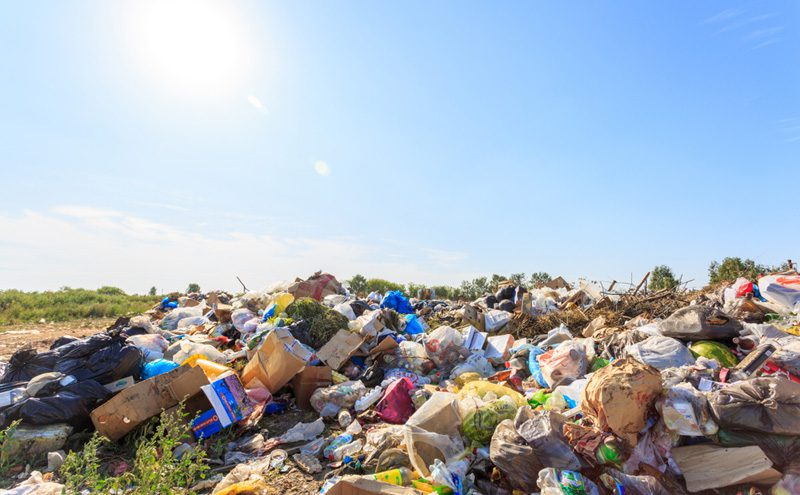
The UK Government needs to tighten its grip on the way it administers packaging recycling regulations, according to a report released by the National Audit Office (NAO) on 23 July. An unhelpfully relaxed system has meant that a lot of the packaging waste supposedly destined for recycling – and reported in the UK’s recycling figures – is simply exported abroad, where there are not sufficient checks to ensure it doesn’t end up in landfill.
The UK’s approach to calculating packaging recycling rates is “not sufficiently robust”, said the report, which pointed to inadequacies with both The Department for Environment Food and Rural Affairs (Defra) and the Environment Agency (EA).
The report, titled The Packaging Recycling Obligations, shows that the Government has no evidence that the system of obligations – introduced in 1997 to incentivise recycling – has encouraged companies to minimize packaging or make it easy to recycle. The packaging recycling obligation system appears to have subsidised waste exports to other parts of the world without adequate checks to ensure it is recycled.
Official figures provided by Defra estimate that the UK has exceeded its overall packaging recycling target every year since 1997 and recycled 64% of packaging in 2017. However, the NAO has found that these figures do not account for the risk of undetected fraud and error.
The EA is responsible for enforcing the regulations in England, but found that in 2016-17 it had only carried out 40% of its planned compliance visits to reprocessors and exporters to check they accurately report the amount of packaging recycled.
Defra has committed to a reform of the system as part of a new strategy for waste and resources. The NAO recommended that it should improve its approach to calculating packaging recycling rates, and do more to tackle the risks associated with waste being exported abroad.
Responding to the report, The Recycling Association (RA) called for greater levels of the funding for recycling to come from the producers of packaging.
The RA’s Simon Ellin said: “At the moment, approximately 10% of the cost of recycling is funded by retailers and manufacturers via the PRN system. But we would like to see this increase to at least 80% and probably 90%.
“That would give the retailers and manufacturers a proper incentive to create packaging that is easy to recycle while also providing greater investment for UK recycling infrastructure. It would also lead to better quality of recycled material so that it can more easily be remanufactured into a new product.
“Defra plans to introduce a new Resources & Waste Strategy later this year and we hope that the cost of recycling will be included in this through more Extended Producer Responsibility.”
The report also highlighted how the Government has no way of knowing whether exported material is recycled.
Ellin added: “Almost all of the material that our members export is recycled. There is an international market for materials, often returning it to the place of manufacture to be turned into a new product. This paper, plastic and metal is paid for by buyers as a raw material to be recycled, more often-than-not, in state-of-the-art recycling facilities.
“But the report is right to highlight those rogue operators who ship material that cannot be recycled in the hope of making a quick buck. The report highlights the need for more regulations to crack down on those who export illegal material, as well as the need for improved funding for the environment agencies in the UK to ensure they are better able to catch these criminals.
“We export material as part of a global market, and it is vital that we send a high-quality commodity to these countries. Improved regulation will allow us to do this.”







